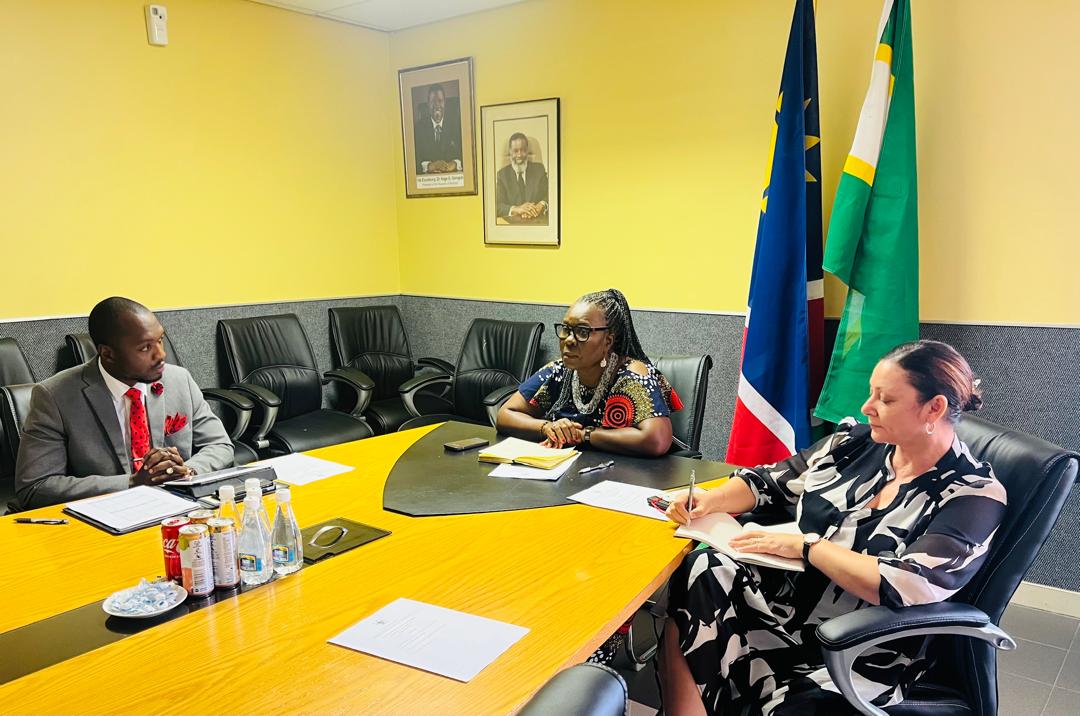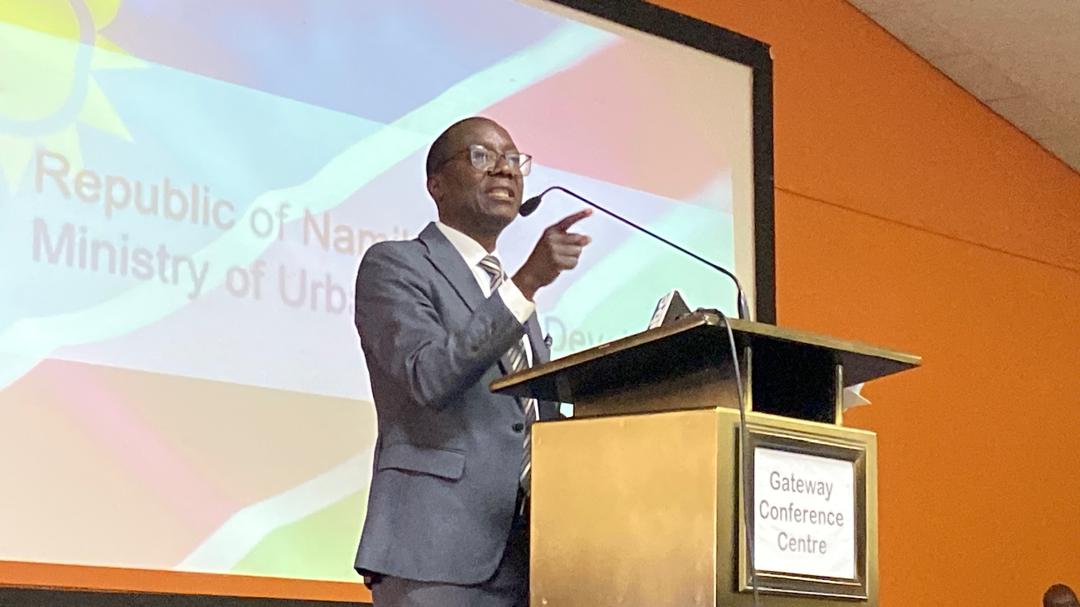IN the modern world, innovation is the key to increased wealth creation.
This is the view of Dr Luis Sanz, Director General of the International Association of Science Parks (IASP).
The IASP works as a link between governments, universities and the private sector in order to stimulate development through innovative measures.
Sanz defined the often nebulous concept of innovation as anything that leads to the creation of wealth.
This means that a new development needs to be practically useable and commercially interesting in order to be classified as a true innovation.
According to Sanz, fostering a culture of entrepreneurship is the best way to achieve innovation, as he says it is something that ‘cannot be taught’ on its own.
‘Innovation is like sex,’ Sanz quipped. ‘It cannot be explained to someone who has never had it.’
According to Sanz, entrepreneurship by its very definition entails creating something that was not there before and is therefore a natural ally of innovation.
He urged education institutions such as universities and colleges to foster close relationships with the private sector, something which he says academia has been reluctant to do in the past.
This could also relieve universities of their financial burdens by getting funding from the private sector.
He said it could also lead to the avoidance of a situation where academic institutions produce knowledge that cannot be practically used, for example by doing research into obscure areas.
Education institutions should engage with the private sector on what its needs are and vice versa.
Government also needs to do its part, according to Sanz.
‘At the very least, government should not put any obstacles in the way of emerging entrepreneurs,’ he said.
Rather government should actively stimulate entrepreneurship by implementing favourable policies such as a seed fund for emerging entrepreneurs.
Sanz suggested that ‘even though foreign companies will want to shoot me’, the money for such a fund could come from a tax levied on such companies operating in Namibia.
But he added that entrepreneurs will not develop unless they have the relevant skills.
Therefore ‘the most significant investment by government should be in education’ so that people could take advantage of opportunities presented to them.
Stay informed with The Namibian – your source for credible journalism. Get in-depth reporting and opinions for
only N$85 a month. Invest in journalism, invest in democracy –
Subscribe Now!









